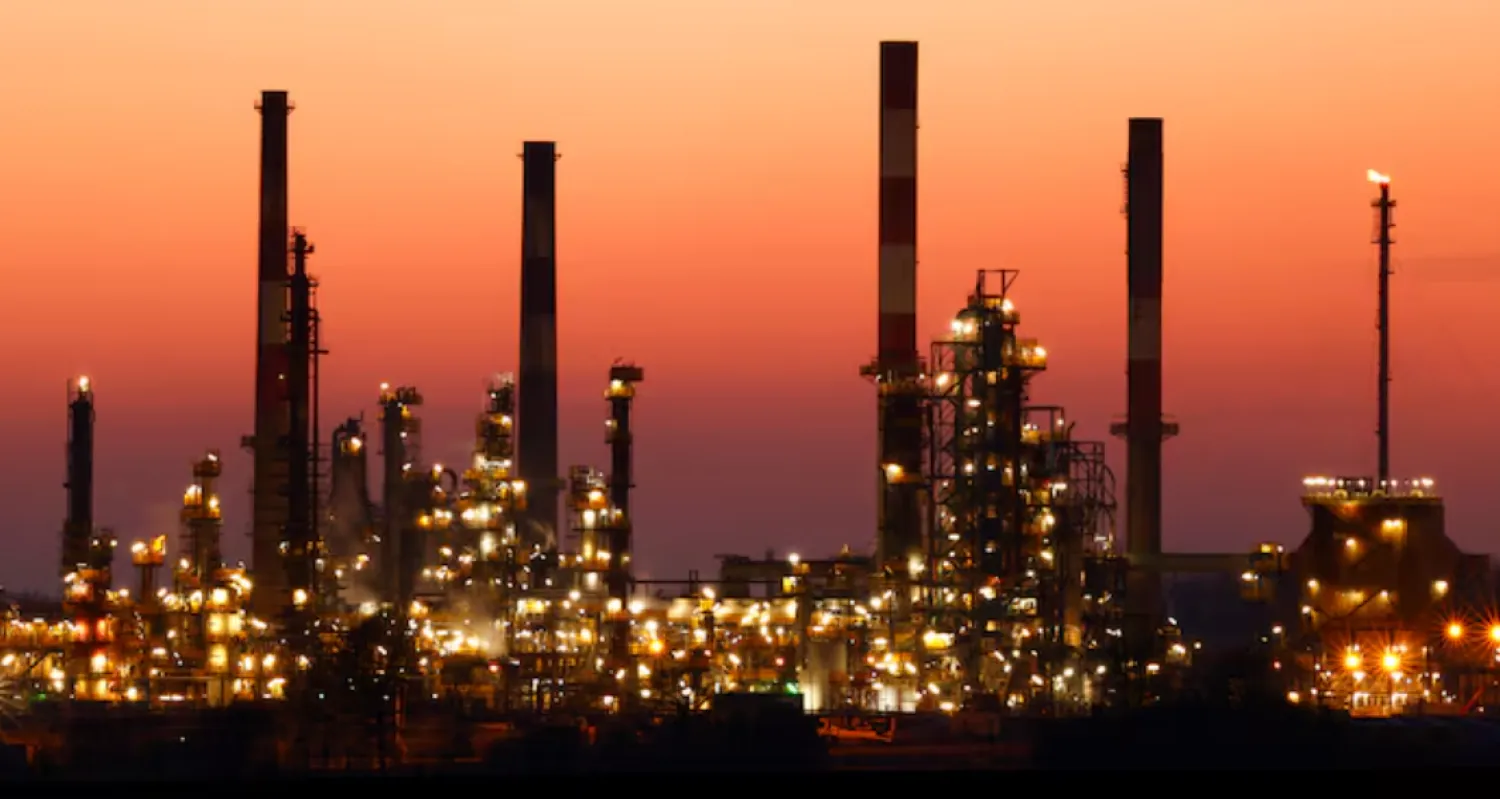The total volume of investment in oil and gas exploration, production, and development during the first half of 2023 reached $5.84 billion, announced Director General of Oil and Gas Exploration and Production at the Energy Ministry Saleh al-Abbouri.
Abbouri said that capital expenditure, including geological surveys, drilling, and facilities, accounted for 62 percent of total investment, while 38 percent went to operating expenses.
According to Oman News Agency, the official indicated that during 2023, oil companies operating in Oman drilled many exploratory wells in various oil and gas concession areas.
The operations targeted different reservoirs and at varying depths, indicating that the initial results of some of the wells are “promising” and will be confirmed through long-term testing that may extend for several months or more, said Abbouri.
Some wells need further study and testing, with the primary objective of maintaining stable levels of production and reserves.
Untapped concession areas are open areas for investment, said Al Abbouri, noting that the Ministry launched a tour of bidding early this year for Blocks 15, 54, and 36, which received significant interest from several local and international companies.
The Ministry is currently studying the offers, and the areas will be assigned shortly.
Abbouri stated that Occidental Oman recently announced operations within the Block 65 oil field, noting that the well is not exploratory but one related to previously discovered fields.
The well’s initial production reaches 6,000 barrels of oil equivalent per day, which is relatively higher in volume than wells previously explored in the region.
However, he indicated that the production there is expected to decrease naturally.
Abbouri explained that the company is currently working on a water injection project to maintain the same production levels from this well and wells to be drilled in the same field.
He affirmed that Oman is committed to its agreement with the Opec+ countries to reduce its crude oil production.
Oman has announced a voluntary reduction of 40,000 barrels per day of crude oil in May 2023, said Abbouri, adding that the country is committed to doing so until December 2024.









